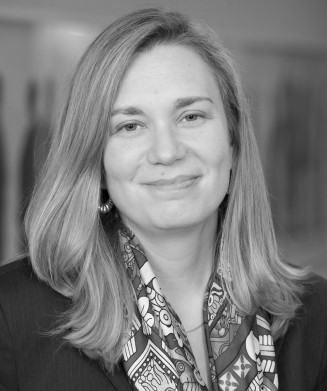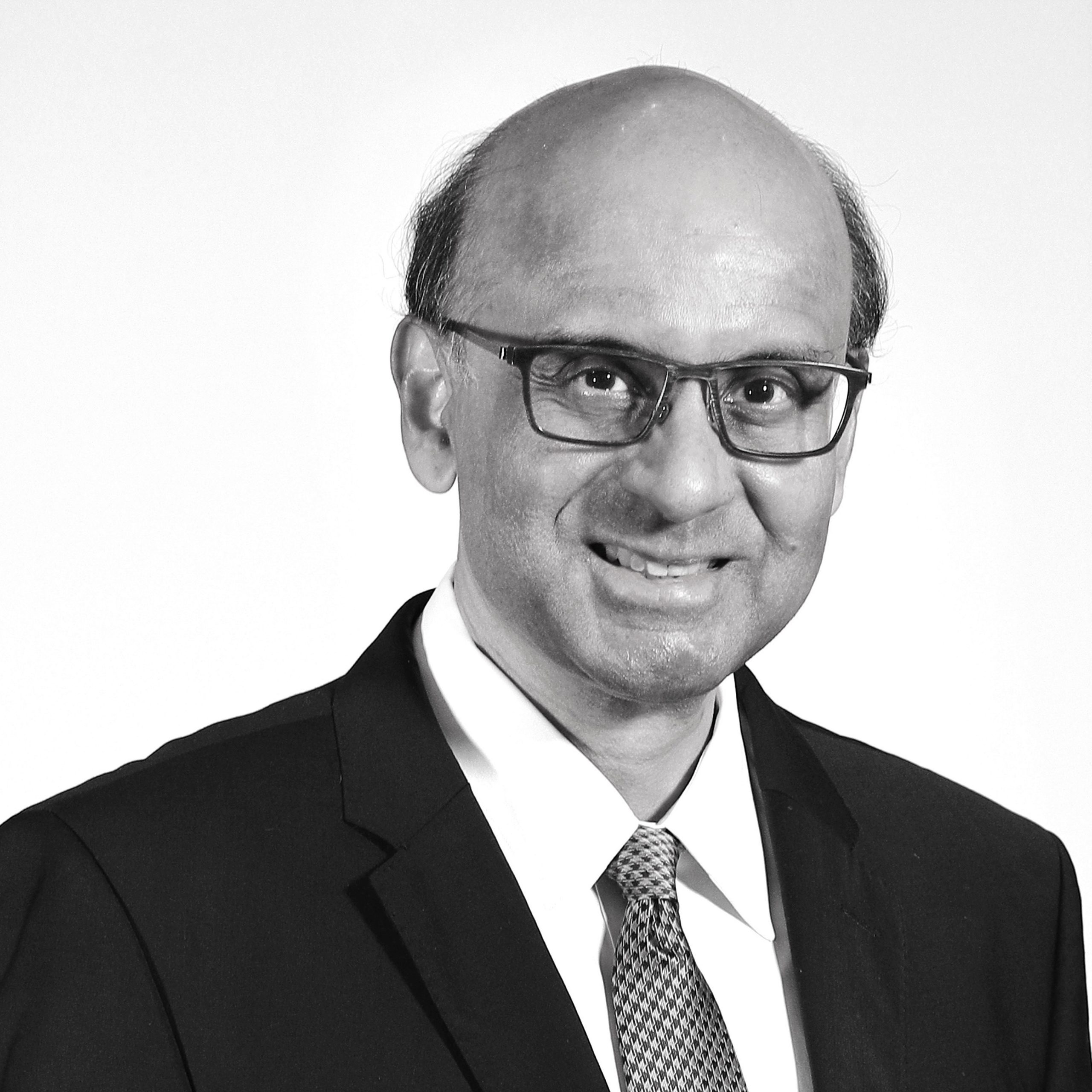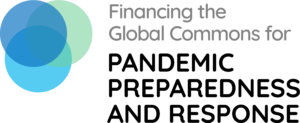Past Event
Resolving today’s global health crisis, and avoiding future pandemics
Bruegel Annual Meetings, Day 1- How do we exit the COVID-19 pandemic and ensure the world of tomorrow is less vulnerable to future pandemics?
Video and audio recordings
Full agenda:
Vaccination campaigns in Europe and the United States are advancing at breakneck speed. But the vast majority of humanity remains without access to vaccines. Nobody will be safe until everyone is safe. How do we address vaccine inequity and ensure that most of the world’s population is vaccinated by 2022? What domestic measures are needed to contain successive waves of the virus in the meantime?
Beyond the immediate task of ending today’s pandemic, scaling up pandemic preparedness cannot wait until COVID-19 is over. The world faces the clear and present danger of more frequent and more lethal infectious disease outbreaks. The current pandemic may ultimately be seen as a dress rehearsal for the next pandemic, which could come at any time, in the next decade or even in the next year, and could be even more profoundly damaging to human security.
The world does not lack the capacity to limit pandemic risks and to respond much more effectively than it has responded to COVID-19. We have the ideas, the scientific and technological resources, the corporate and civil society capabilities, and the finances needed. But our collective task must be to better mobilize and deploy these resources.
In this session of Bruegel Annual Meetings, a panel of invited experts discussed what it would take to exit the current pandemic and prepare, systematically and sustainably, to reduce the world’s vulnerability to future pandemics.
Summary
Guntram Wolff, Director of Bruegel, started the panel by highlighting the differences across countries in vaccination rates, raising the issue of vaccine access and the need for domestic as well as international measures.
Sri Mulyani Indrawati, Minister of Finance of Indonesia, discussed the importance of global collaboration, including the role of multilateral institutions such as the World Health Organisation and the World Bank. She mentioned the role of national health systems and the pharmaceutical industry in fighting the pandemic. In addition, she discussed the financing of solutions to the pandemic as well as global commons in general, such as climate change. Finally, she explained the measures taken in Indonesia to combat the pandemic, prioritising eliminating COVID-19 without killing the economy.
Tharman Shanmugaratnam, Senior Minister of Singapore and Chairman of Group of Thirty, affirmed the importance of what Sri Mulyani Indrawati discussed, such as the resilience of national health systems, and the strength of multilateralism and international institutions. He pointed out that the vaccination of the majority of the world population is everyone’s responsibility – not only those of countries with low vaccination rates. He advocated for a new global health mechanism as the current global health system is too fragmented. Finally, he discussed the relatively small investment necessary to avoid future pandemics compared with the immense cost.
Amanda Glassman, Executive Vice President and Senior Fellow at the Centre for Global Development, listed some key gaps that should be addressed: the need for research and development and the manufacturing of medical countermeasures, the need for international financing to complement domestic investments and the current underinvestment to fund these activities.
Jeremy Farrar, Director of the Wellcome Trust, underscored the role of geopolitics in this crisis, the health impact in its broader sense (ie not only the COVID-19 disease) and the economic impact and its opportunity cost for instance for education. He raised surveillance and information sharing as critical issues, and stated that the benefits also need to be shared, raising the vaccine equity issue.
In the second part of the panel, various questions of the audience were addressed pertaining to the global inequality issue, the increase in protectionism, global health security, crisis management, the recovery and supply capacity.
The experts also discussed the work of the G20 High Level Independent Panel (HLIP) on Financing the Global Commons for Pandemic Preparedness and Response. Bruegel and the Center for Global Development provided expert knowledge and analysis to inform the Panel’s deliberations and final report. The Wellcome Trust and the US National Academy of Medicine provided the Panel’s administrative secretariat.
Schedule
11:00-12:00
Conversation
Chair: Guntram B. Wolff, Former Director
Jeremy Farrar, Director, Wellcome Trust
Amanda Glassman, Executive Vice President and Senior Fellow, Centre for Global Development
Sri Mulyani Indrawati, Minister of Finance, Indonesia
Tharman Shanmugaratnam, Senior Minister, Singapore and Chairman, Group of Thirty
Speakers

Jeremy Farrar
Director, Wellcome Trust

Amanda Glassman
Executive Vice President and Senior Fellow, Centre for Global Development

Sri Mulyani Indrawati
Minister of Finance, Indonesia

Tharman Shanmugaratnam
Senior Minister, Singapore and Chairman, Group of Thirty

Guntram B. Wolff
Former Director
Location & Contact
Katja Knezevic
[email protected]

